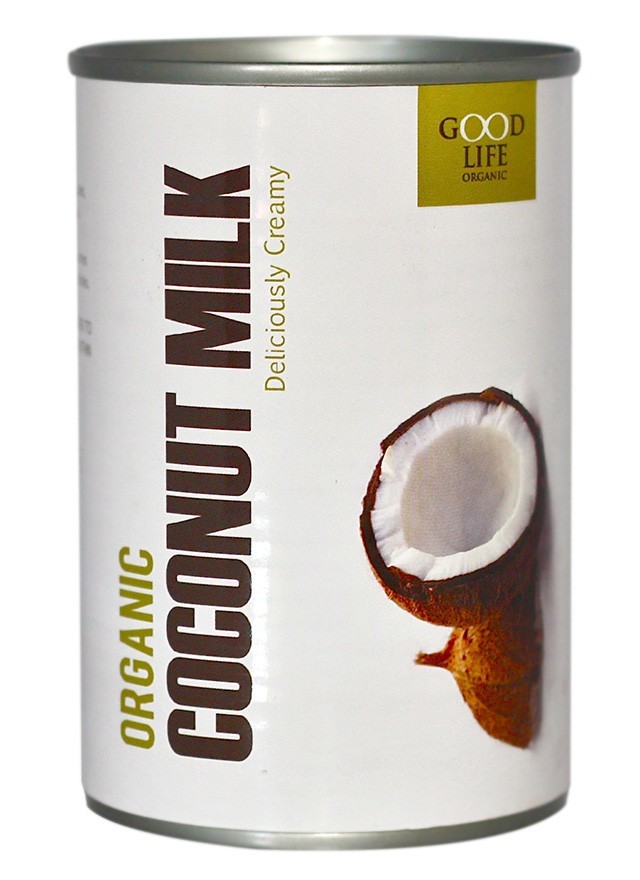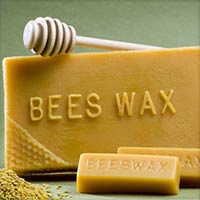Have you ever wondered why so many women from Jamaica have amazing hair? Below are a few of their hair secrets that you might want to implement into your own hair regimen.
1. Coconut milk
1. Coconut milk
I found it interesting that coconut is sometimes referred to as dread nut in Jamaica. Dread coming from the Rastafarian dreadlocks and nut being, of course, that coconut is a nut (technically a drupe, but we can say nut)! There is a long history of coconut products being used to maintain natural hair and coconut milk is definitely up there on the list. It is made by adding water to the crushed coconut meat (white part) to extract a mix of oils and proteins from the meat. You can purchase prepared coconut milk in a can or even make your own from desiccated coconut. Coconut milk is regarded as a conditioning treatment for hair as it has a high oil content. It is often used as a final rinse after washing hair.
Castor oil is hugely popular in the Caribbean and one of the most popular varieties is JBCO. Its darker colour arises from a traditional process of adding ash of the castor bean into the extracted oil. This is said to increase its mineral content (magnesium mainly). Of course, you will have heard stories of JBCO being excellent for regrowing hair at the temples or increasing strand thickness. While there is no definitive proof that it can regrow hair or increase thickness, it is definitely the case that castor oil is a very viscous oil which forms a thick layer on hair to help reduce the loss of moisture.
3. Beeswax
Beeswax was traditionally used in Jamaica to help the matting process when locking hair. It is a notoriously difficult product to use on free natural hair but it is a good alternative to gel for those who like to smooth the edges of their hair. Beeswax is a natural wax and contains some fatty acids which are similar to those found in natural oils such as coconut oil or shea butter. It will melt in your hand and a pea-sized amount would be sufficient to slick a full head. As it is a fairly heavy product which does not transfer easily once applied to hair, it will be able to act as a sealant but can also attract lint, so regular hair washing or limited use would be advisable.
4. Hot Oil treatments
Many cultures around the world do practice hot oil treatments and Jamaicans are definitely among them. The general practice is to use your favourite oil (a mix of coconut oil and JBCO seem popular) heated up in a water bath and then applied to unwashed hair for about 1 hour before rinsing off. You can naturally substitute the oil types to whatever oil you prefer. Hot oil treatments are recommended for dry hair to help increase the oil level on the hair enabling it to be able to maintain more moisture.
Many cultures around the world do practice hot oil treatments and Jamaicans are definitely among them. The general practice is to use your favourite oil (a mix of coconut oil and JBCO seem popular) heated up in a water bath and then applied to unwashed hair for about 1 hour before rinsing off. You can naturally substitute the oil types to whatever oil you prefer. Hot oil treatments are recommended for dry hair to help increase the oil level on the hair enabling it to be able to maintain more moisture.





0 comments
Leave a comment and show some love!